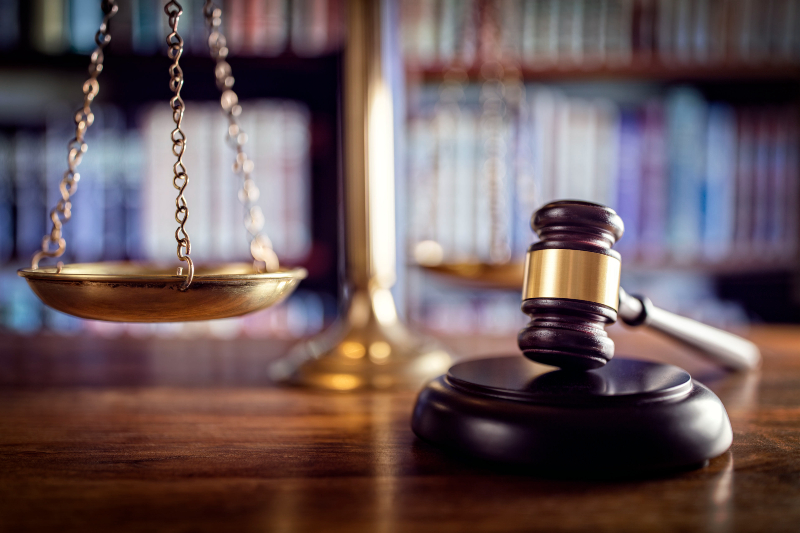If you live in Texas and are charged with criminal mischief, you have been charged with vandalizing or damaging someone else’s property. Oftentimes, people are charged with criminal mischief if they destroy someone else’s property out of anger.
Facing a Charge of Criminal Mischief
According to criminal attorneys in Orange, Texas, a conviction for criminal mischief can lead to some serious repercussions. For instance, the conviction can prevent an employer from offering you a job. It can also prevent an educational institution from accepting your application.
That is why you need to contact criminal attorneys right away who specialize in this type of charge. Under state law, you can be charged with criminal mischief for various reasons. Expect to answer to the offense if the prosecution believes that you knowingly or intentionally damaged someone else’s property. You must also face the same charge if it is believed that you tampered with someone else’s property, which led to a loss or inconvenience.
How the Law Defines Criminal Mischief
Criminal attorneys assert that criminal mischief also includes knowingly or intentionally drawing graffiti on a public or private wall, or adding marks or drawings to an individual’s property. State law categorizes criminal mischief as follows:
- Defacement or destruction of public or private property
- Damage to a vehicle
- Damage to a place of business
- Damage to a school
- Damage to a residence
Misdemeanor and Felony Convictions
Depending on the severity of the charge, criminal mischief may be classified as a Class A, Class B, or Class C misdemeanor. Offenders can also be charged with penalties that are associated with a third-degree to first-degree felony.
For committing a Class C misdemeanor, you can be charged with a maximum fine of $500 if the loss of or damage to a property is assessed at $50 or less, or if the loss or damage results in inconvenience to the other party. Needless to say, this type of charge is not something you should take lightly.



